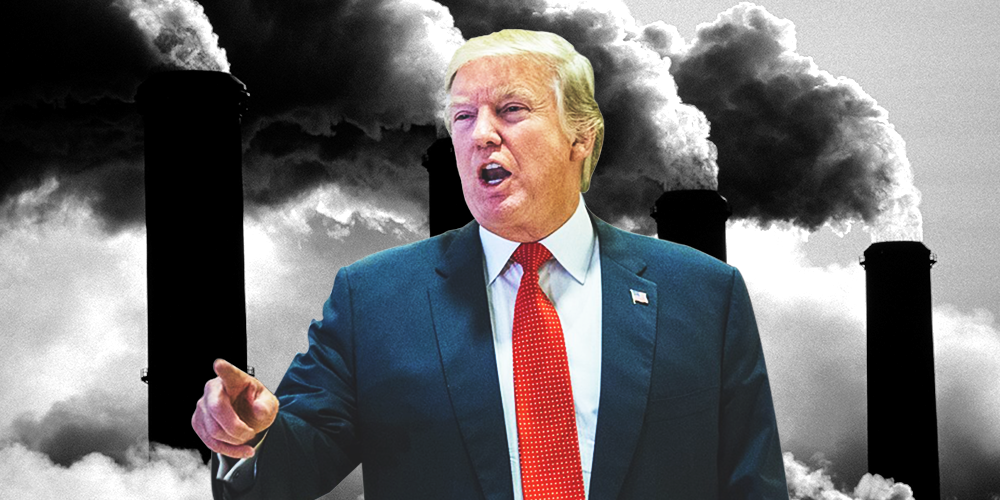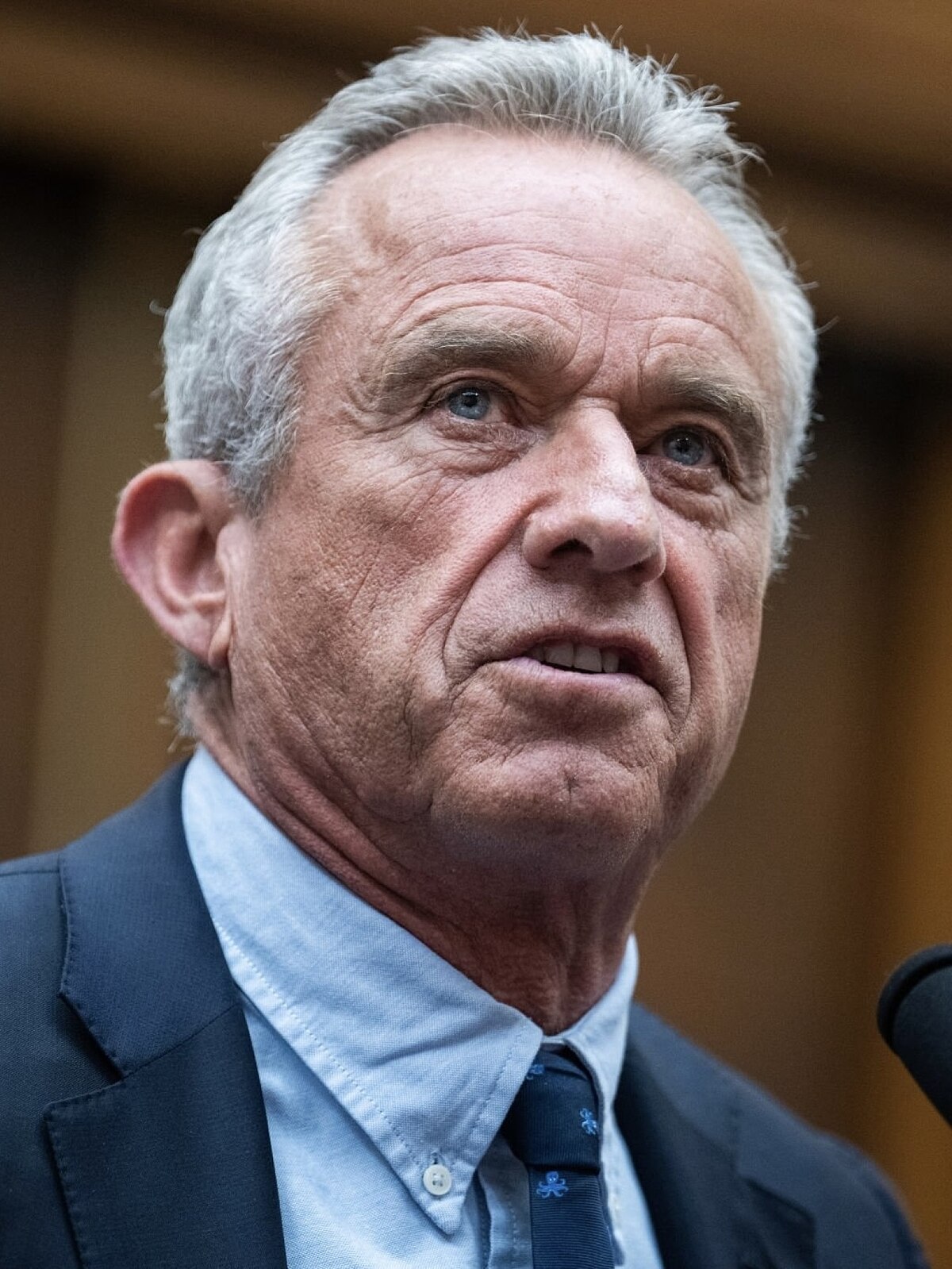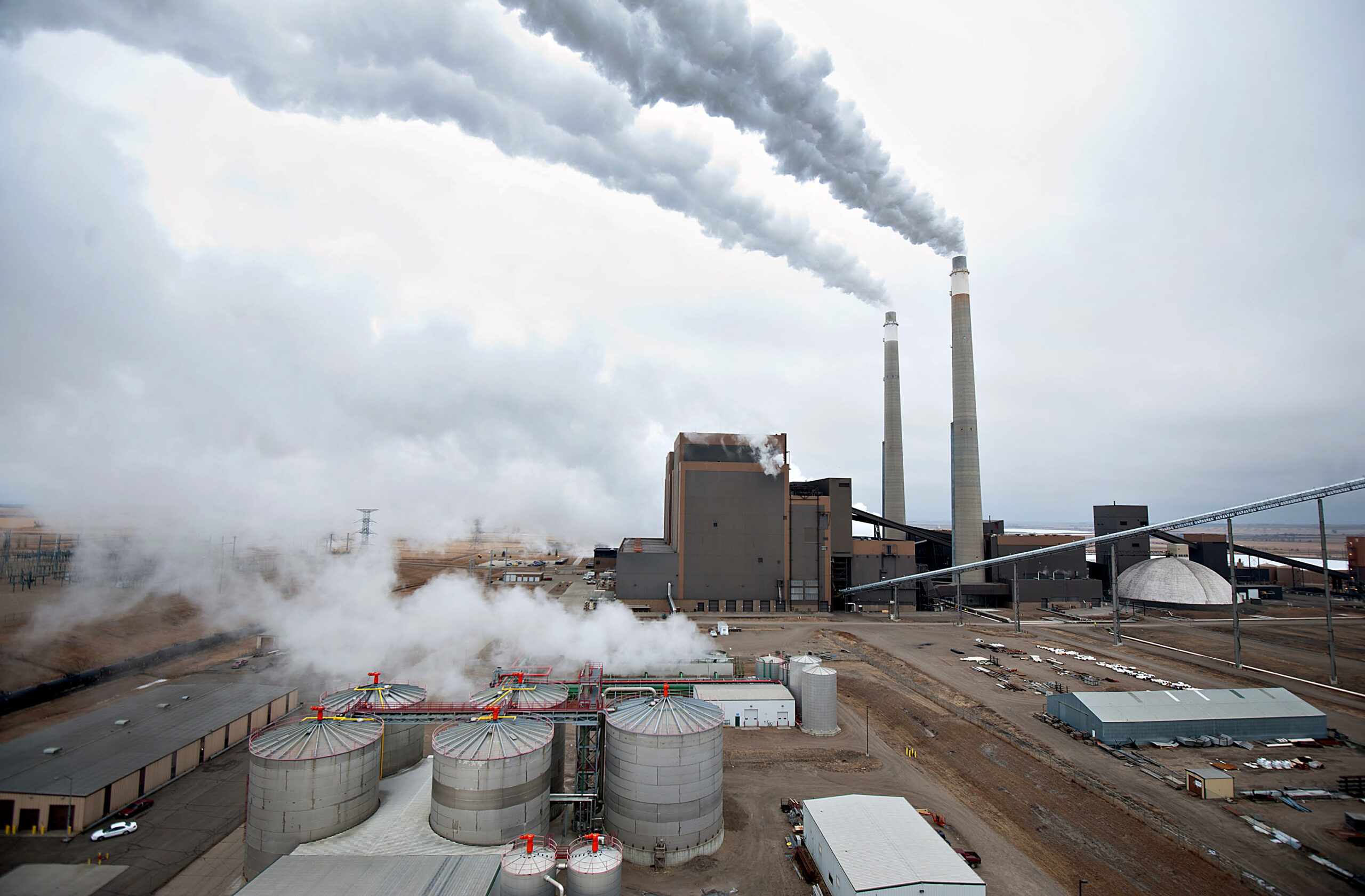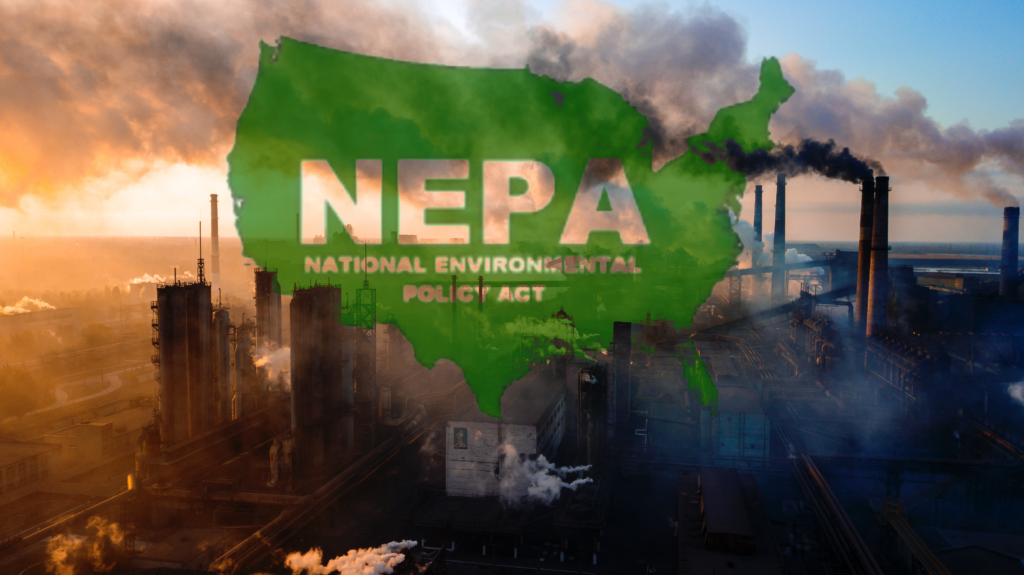Regulatory Policy
Nightmare on Penn Ave (Part 2)
After a year of Trump 2.0, here’s how things stand.
Eight years ago almost to the day, I wrote a post titled, “One Year and Counting.” I was writing at the end of Trump’s first year in office. And here we are again, one year into a second Trump Administration. Trump’s basically deregulatory strategy has remained largely unchanged. But there are some notable differences in the situations then and now. I closed my 2017 post with this: “One characteristic of the Trump Administration is a ceaseless stream of controversies and dramas. But generally speaking, the amount of actual legal change has been much more limited, because the system is designed to provide checks on administrative and legislative action.” It remains to be seen how well those checks will function this time around.
CONTINUE READINGSEQRA Reform
No, not CEQA, SEQRA. New York appears to be following California’s lead in overhauling state-level environmental review.
New York Governor Hochul this week proposed amendments to New York’s State Environmental Quality Review Act (SEQRA). The press release has a breathless title: “Let Them Build.” But the proposal itself appears to be very similar to what California just enacted. Housing projects in already developed areas, along with some other similar projects, such as …
Continue reading “SEQRA Reform”
CONTINUE READINGMAHA’s Evidence-Free Health Policy
No matter how good your intentions, ignoring the evidence is a recipe for disaster.
It seems plain that key health agencies are now in the hands of earnest, well-meaning people who, unfortunately, don’t know what they’re talking about. For example, the CDC’s advisory committee on vaccines is largely composed of anti-vaxxers. When the committee recently decided to eliminate a recommendation for Hepatitis B vaccines, none of the speakers who addressed the committee, and no one on the task force assigned to investigate the question, was an expert on the disease.
CONTINUE READINGIs This the End of Cost-Benefit Analysis?
Trump’s EPA is effectively abandoning economic analysis
Maybe the Administration means to keep cost-benefit analysis in place for some other kinds of regulations at EPA or elsewhere. But if the courts uphold the EPA’s refusal to quantify the enormous harms caused by air pollution, it’s hard to see an argument for quantifying many other regulatory benefits. In other settings, environmentalists might applaud the repeal of cost-benefit analysis. In the current setting, however, the purpose is all too plain: to make it easier for the Administration to ignore the ways it is endangering human life and health.
CONTINUE READINGNEPA and Democracy
The Trump Administration is at war with transparency and public input.
The Administration is out to limit public oversight of government actions that, taken alone or as a group, will have major environmental impacts – notably, oil production, coal mining, nuclear reactors, and pipelines. Congress will also have less visibility into these important decisions. People are often impatient about procedures that slow decision making, sometimes properly so. But the solution is not a secretive decision-making process. If it’s true that democracy dies in darkness, it’s also true that ugly things rawl out of the woodwork when the lights are off.
CONTINUE READINGEveryday Christmas: The Gift of the Commons
Clean air. Clean water. We receive these public goods every day without payment
One of the Christmas classics is the Jimmy Stewart movie, It’s a Wonderful Life. George Bailey, Stewart’s character, is despondent about his life until he learns how much he has unknowingly helped others and how grateful they are. It’s heartwarming, if also a bit corny. There’s a flip side to that story: the need to remember …
Continue reading “Everyday Christmas: The Gift of the Commons”
CONTINUE READINGGames Deregulators Play
Here are the six moves the Trump EPA consistently uses to justify deregulation.
If you start reading the Trump Administration’s arguments for deregulation, a repetitive feeling soon sets in. Every deregulation is different, of course, but there are stock arguments that seem to surface again and again.These arguments have a distortion effect, blurring the benefits of regulations while magnifying their costs.
CONTINUE READINGNEPA Reform and Transmission
Reducing NEPA compliance alone won’t solve our transmission problems, and it might be a bad deal for the climate
The recent passage of the SPEED Act highlights one angle in current permitting reform debates: A focus on NEPA, which as a procedural statute might be more feasible to reform than other substantive statutes. Advocates for the SPEED Act have argued that it will help with a range of infrastructure projects, including transmission. But a …
Continue reading “NEPA Reform and Transmission”
CONTINUE READINGCalifornia Must Go Big to Save Big
A new Emmett Institute report shows how California can shift existing infrastructure spending from gas to electric to make homes and energy more affordable.
By Guest Contributor Craig Segall. California can still build big things – and in a new report today, my Emmett Institute co-authors, Denise Grab and Brennon Mendez, and I call for policymakers to think big on our energy system too. The headline: Tens of billions of dollars, annually, are available to make our homes cleaner …
Continue reading “California Must Go Big to Save Big”
CONTINUE READINGPermit Certainty
Revised SPEED Act tries to give certainty to permit holders, and probably fails.
The SPEED Act will be up for a vote in the House of Representatives later this week, and the vote will likely be close. The Act is an effort to do permitting reform for NEPA compliance, in theory to accelerate reviews and provide more certainty about what those reviews cover. I’ve already provided an assessment …
Continue reading “Permit Certainty”
CONTINUE READING










